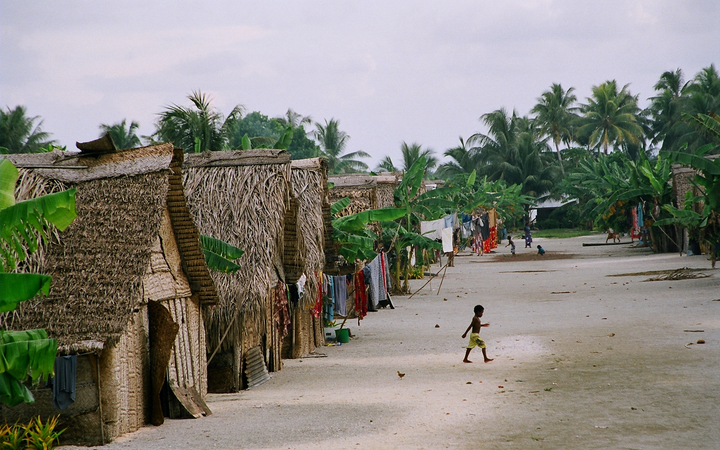All things happens for a reason in it’s season. To all people of PNG, don’t be uptight of what happened today when some of my colleagues decided to leave my Government.
They are elected leaders, what they did today is within their rights so I ask our people to respect the work of our parliamentary democracy.
The PM seat is not my birth right , if MPs feel I am not capable, then they have every right to exercise their rights and put someone better then me for our country.
But untill then, I remain PM and in my heart of hearts,
- I have fight for greater return from our resources, including Pogera now being progressed for a better deal,
- I have passed corruption fighting laws like whistle blowers act and ICAC and allowed police , courts, media etc to function without fear or favor,
- I have cleaned up mess especially financial debts of past governments,
- I have started to distribute development to rural PNG in a fair equal manner,
- I have programmed SME for our citizens to be empowerment,
- I have put money to pay good price for our people growing coffee, copra , cocoa , etc,
- I have restored the trust of Bougainvillians in PNG for a better working relationships, and etc.
So PNG don’t be alarmed , it’s just politics going on and I apologize to inconveniences caused to our country and our various stakeholders.
If it is God’s will I remain PM above this nasty greedy politics then I will, but if my time is up, then there will be nothing much I can do.
In the meantime I remain PM.
JMPM!
# workmasgostret
#manstapyet




